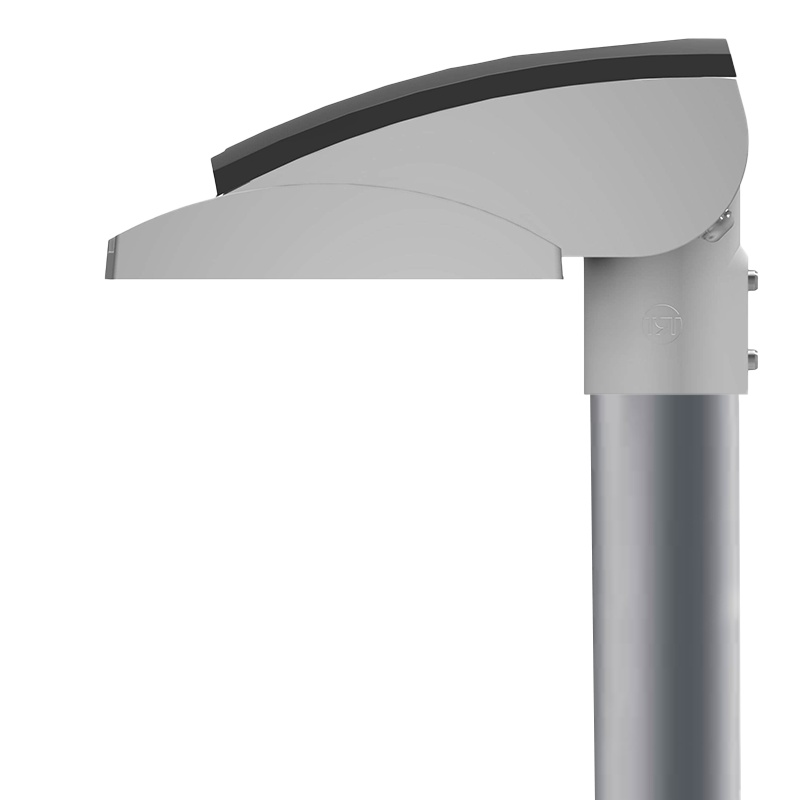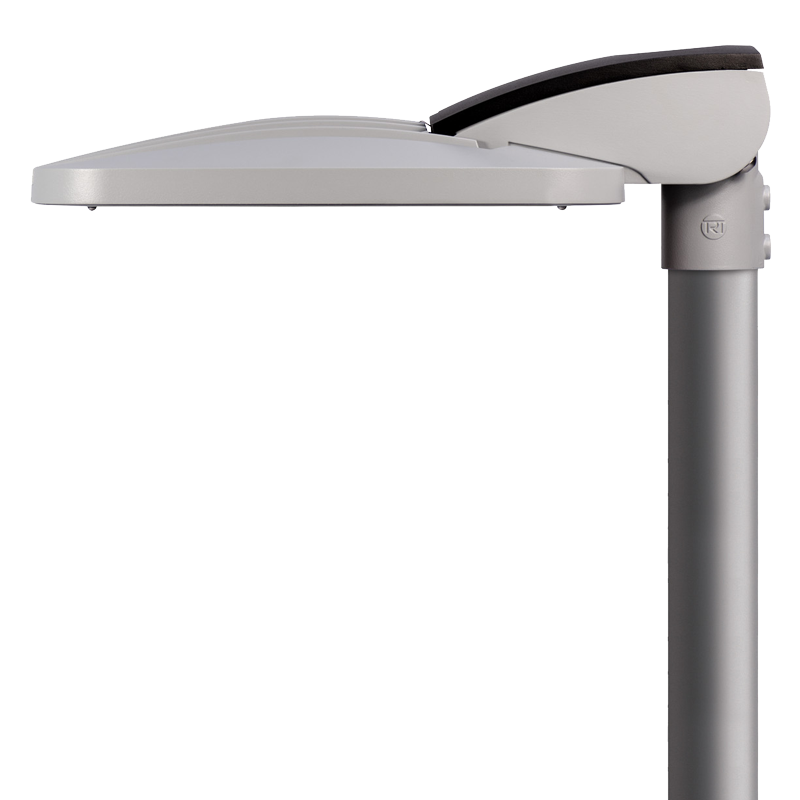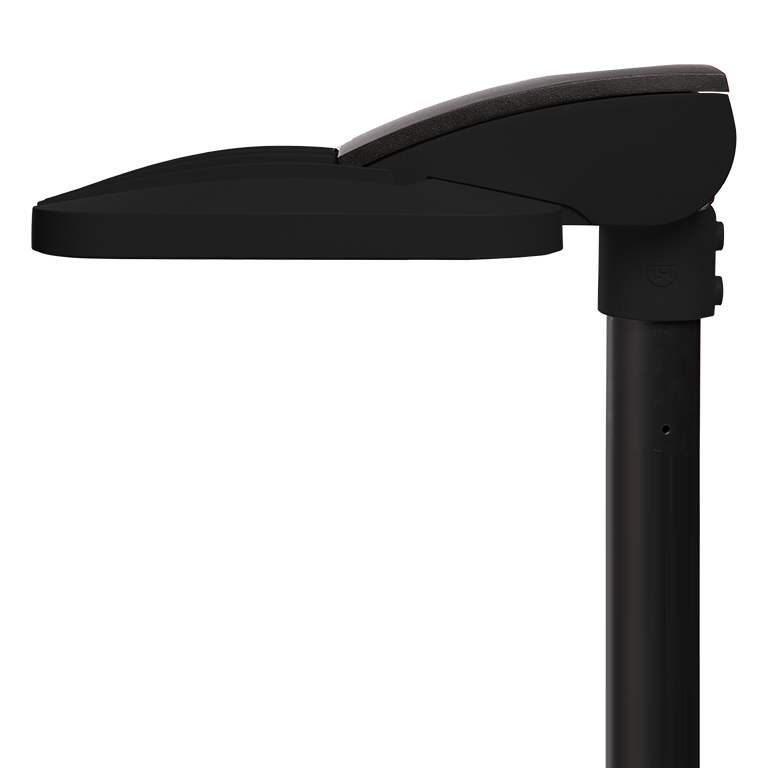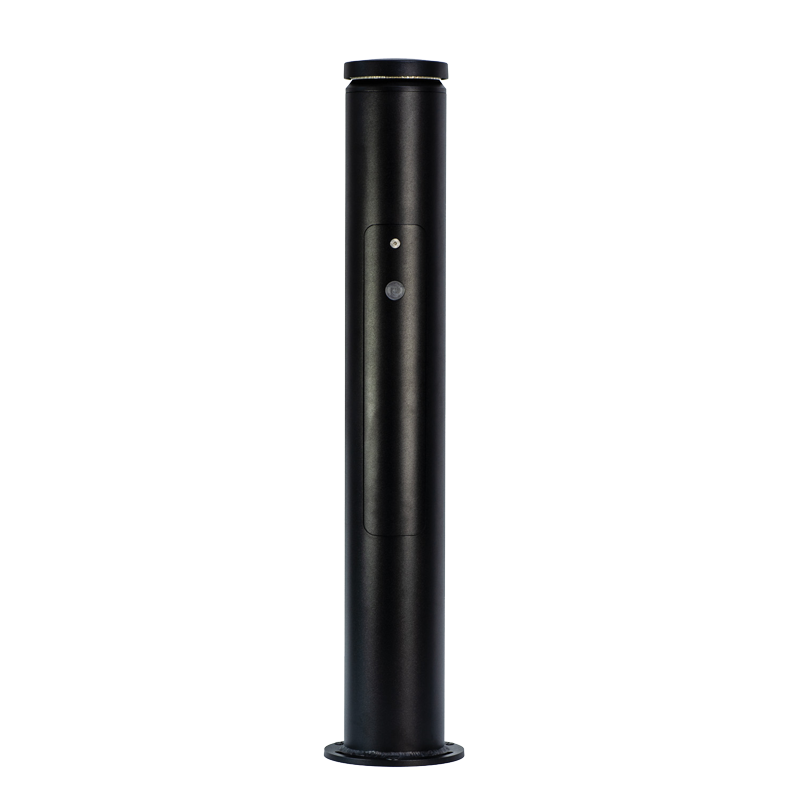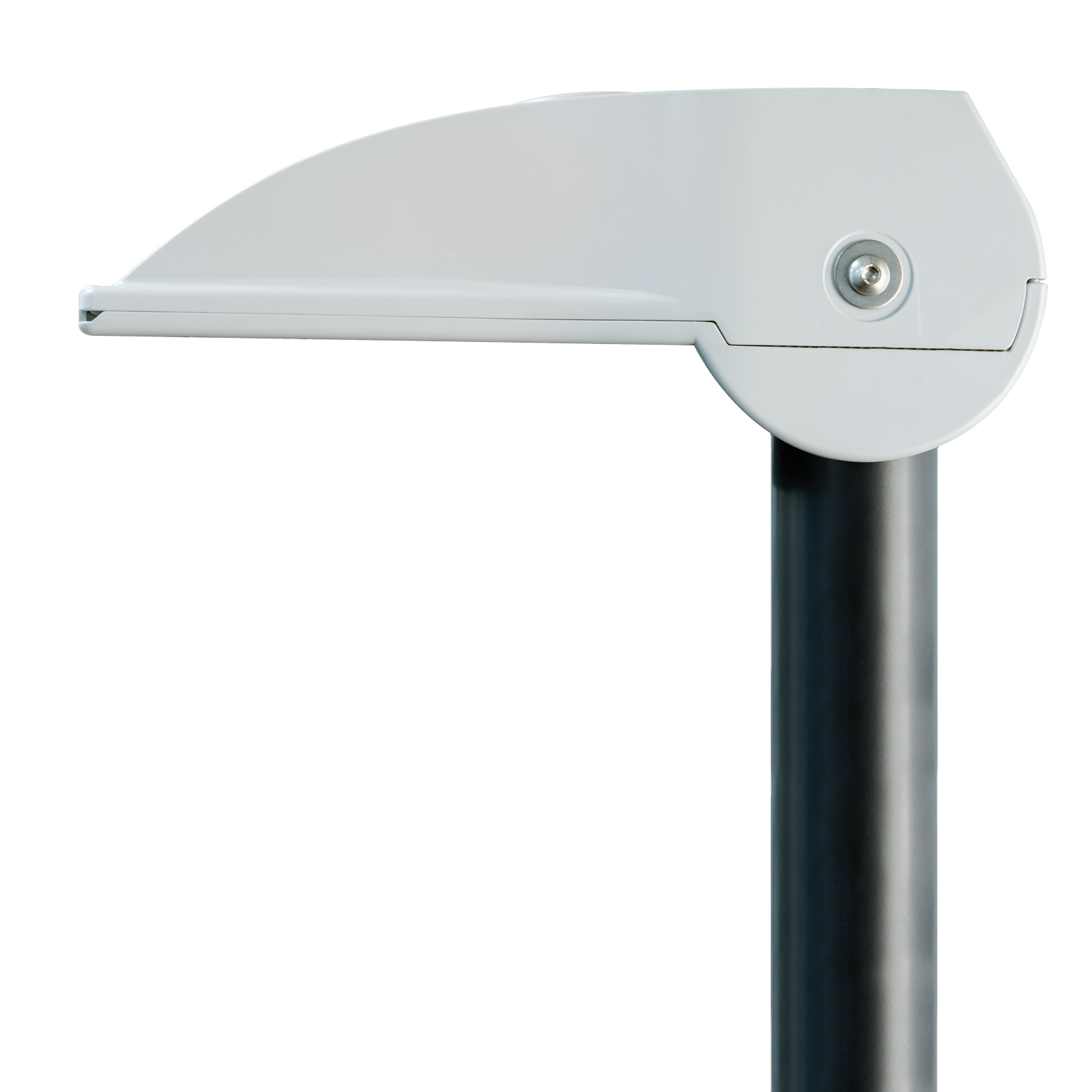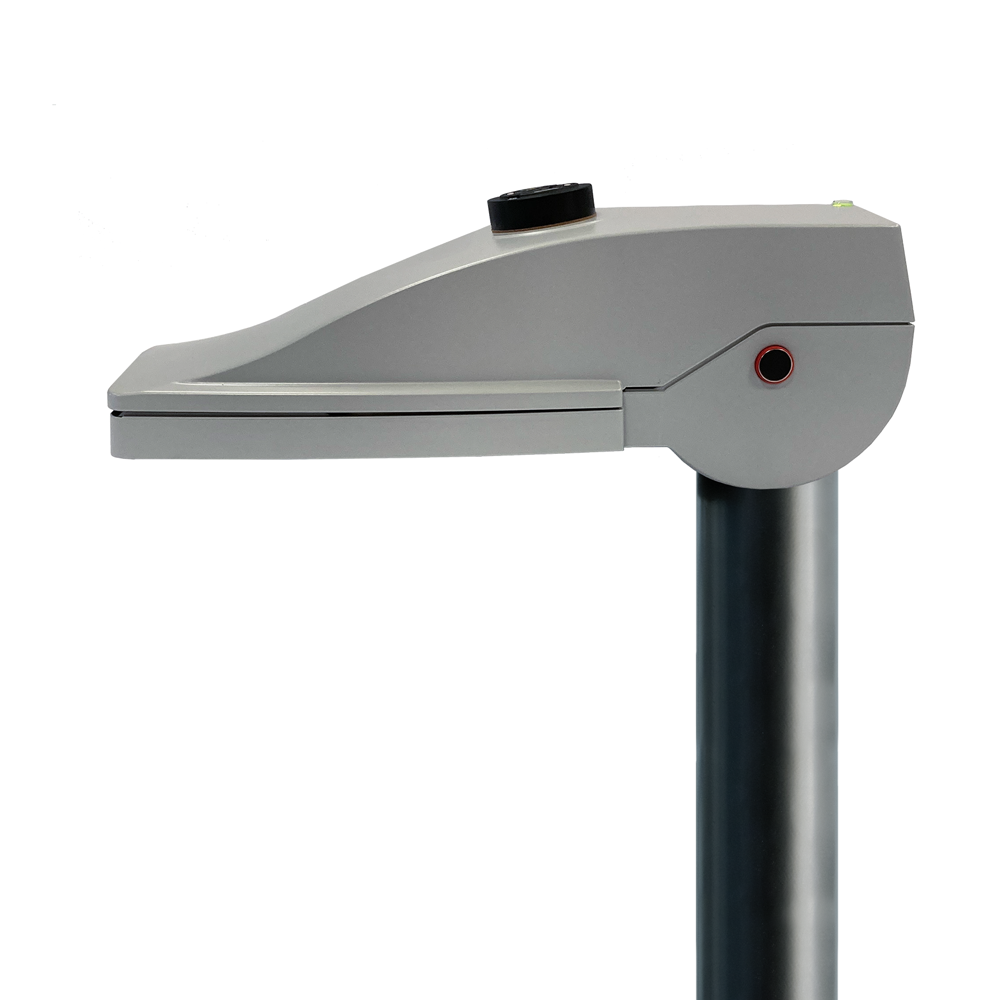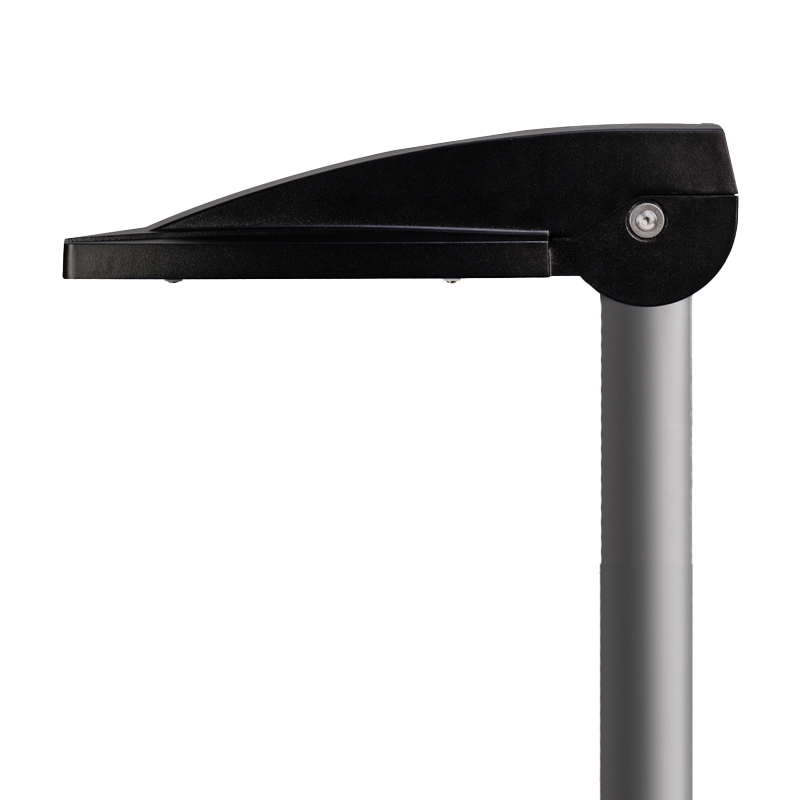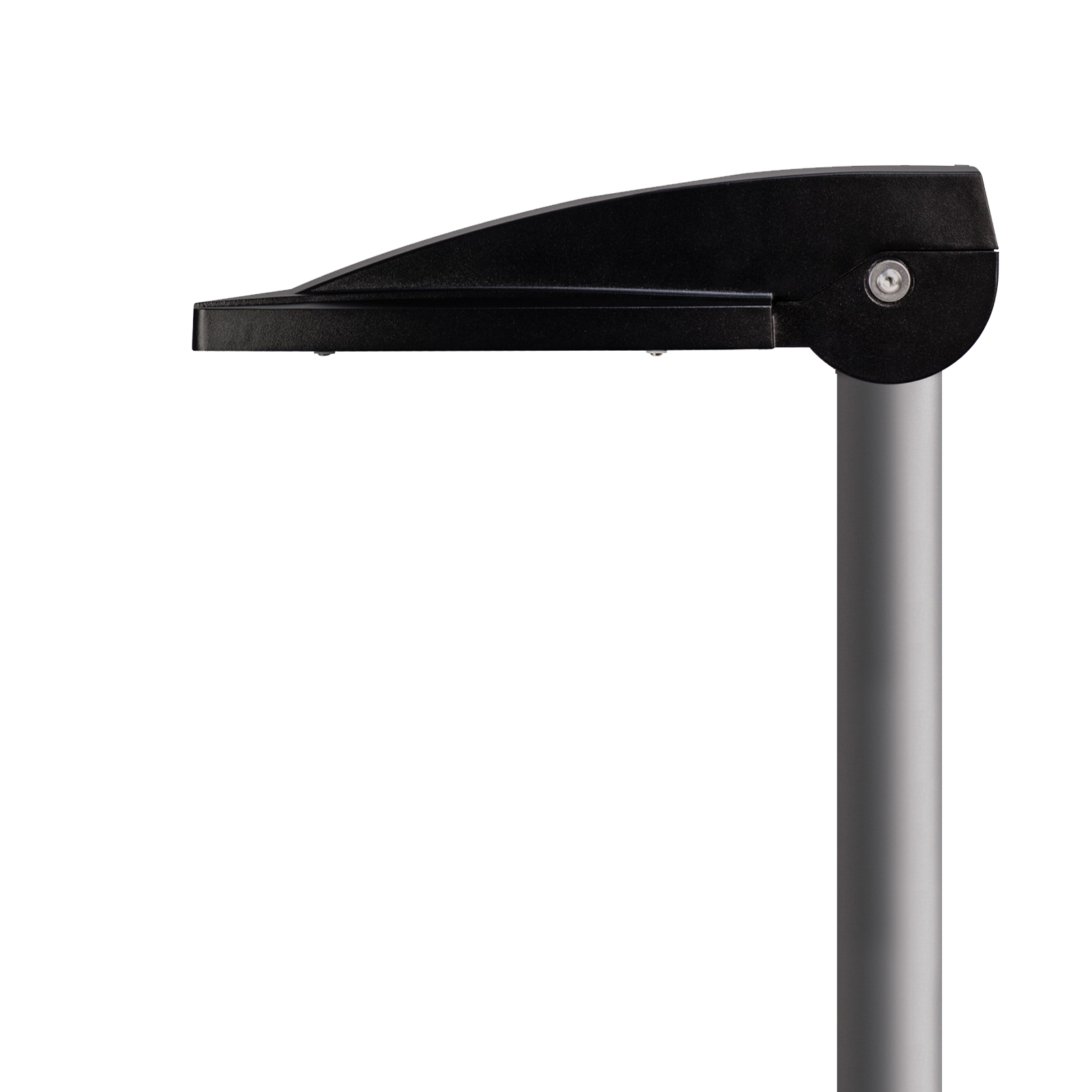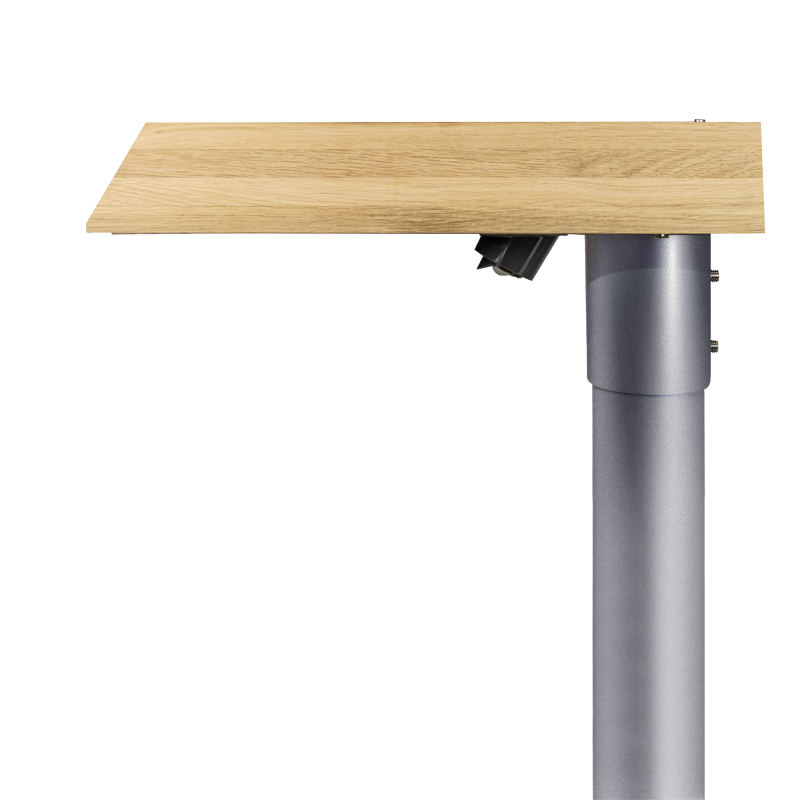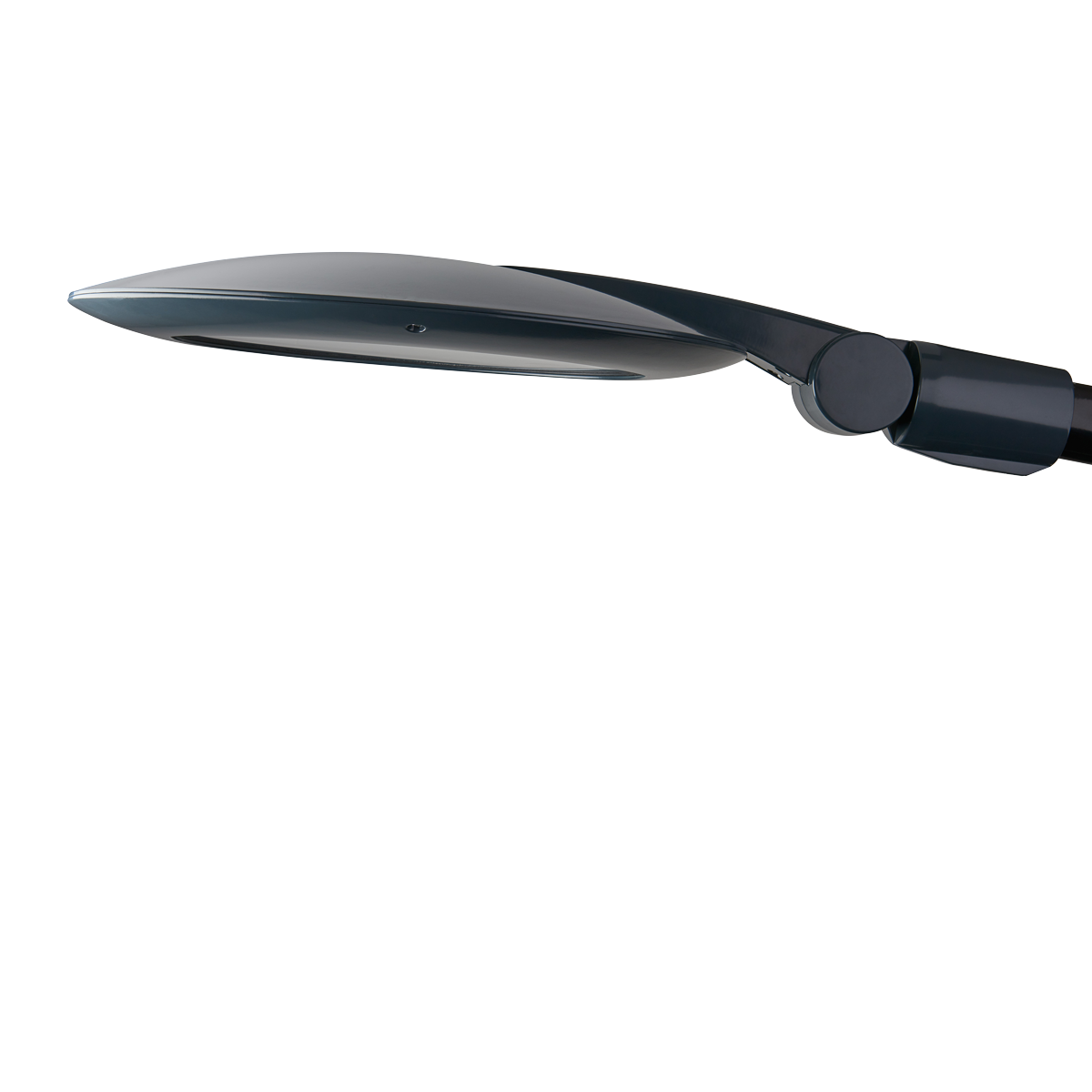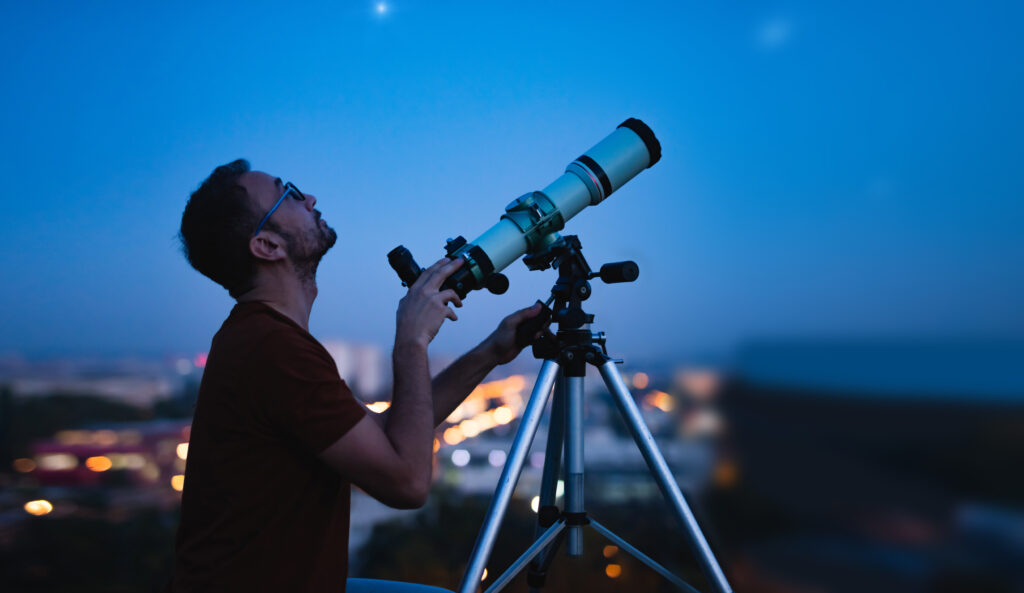
Dark Skies
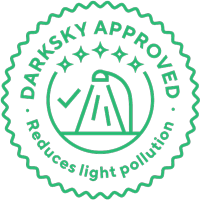
The term “light pollution” refers to the presence of unwelcome, improper or excessive lighting, whether it be during the day or at night.
Light pollution exposure has been linked to negative effects on:
- Human health
- Natural cycles of wildlife and plants
- Scientific/astronomical viewing and research
DarkSky International work with manufacturers to evaluate and certify dark sky friendly outdoor lighting that reduces light pollution. This is achieved by following the below criteria:
Useful
Only use purposeful lighting which has a third-party safety accreditation and photometric files validating the lanterns performance.
Direction of Light
Reduce light overspill by providing shielding options and limiting the upward light.
The luminaire uplight allowance is 0.5% of total output or 50 lumens (whichever is lower), with less than 10 lumens in 90o-100o uplight zone.
Lanterns to have fixed mounting (with up to +/-10o tilt).
Low Level
No more light should be present than is necessary.
Controlled
Offer control and dimming options to ensure light levels are adjusted as required. Luminaires must have a dimming capability to 10% of full rating.
Warm Colour Temperature
Approved luminaires must have a CCT of 3000K or less to limit the amount of blue light emitted.
TRT Lighting is committed to protecting the night sky and is proud to announce that it achieved DarkSky International approval for eleven of its product ranges.

